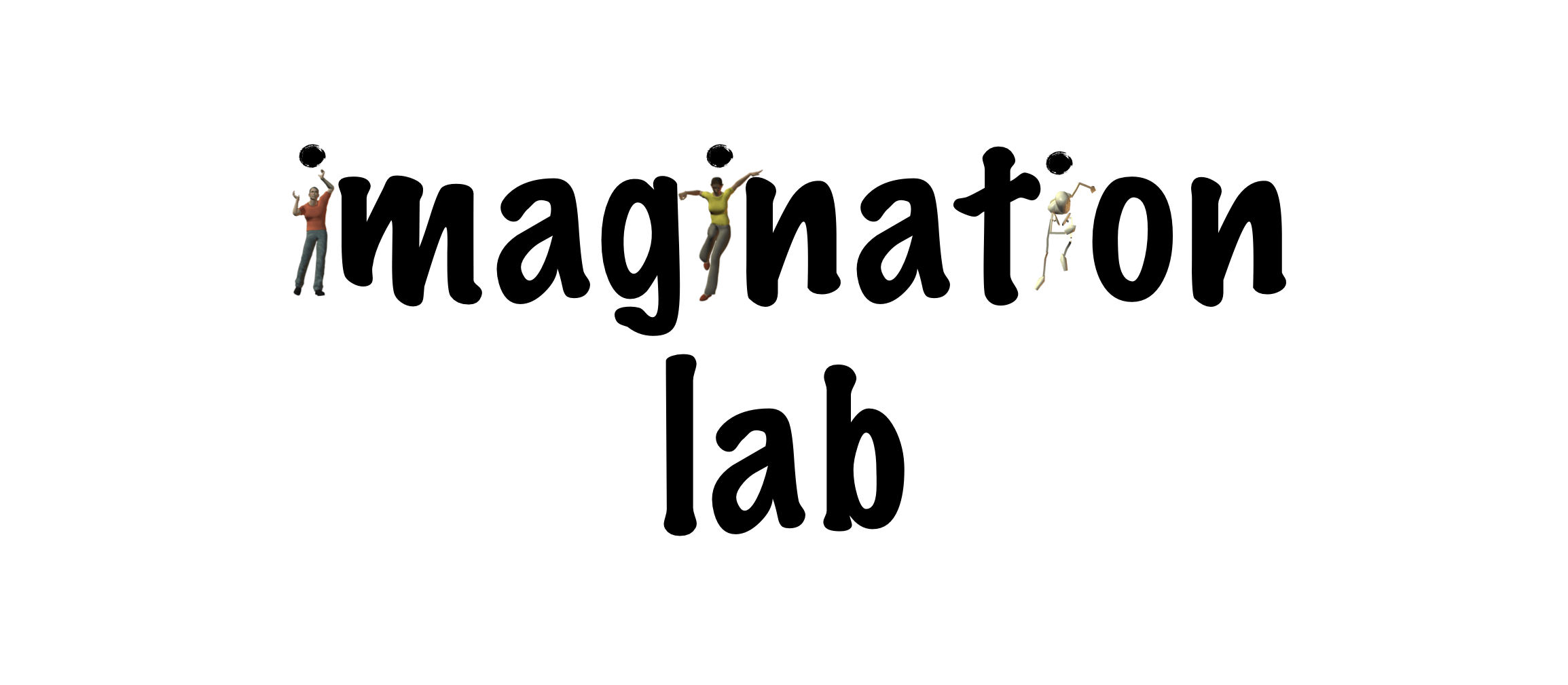People tend to prefer a smaller but immediate to a larger but delayed reward. Whereas the larger reward is a more rational choice to go for the immediate – even if smaller – reward brings with it the instant feeling of gratification. This role of emotions in decision-making has been described in almost all decisions we make for ourself. We do, however, not only make decisions for ourselves, but also often for other people – whether that is through giving advice or actually taking the decision for them. This describes the area of proxy decision-making, which can be very important (particularly when it concerns financial or medical decisions) but is much less well understood than self-decisions.
Curiously, the existing literature shows no clear pattern to indicate whether decisions for others depart from the decisions we make for ourselves: sometimes there is a difference in self-other decisions and sometimes there is not. Understanding the processes that drive other-decisions is the aim of my research collaboration with Richard Tunney at Nottingham University.
The first study we conducted was based on the notion that the reason we prefer an immediate, smaller reward to a larger but delayed reward is because we simply care less about our future self than we do about our current self. This notion of multiple selves described by Parfitt suggests that we care about our future selves only as much as about, say, a distant cousin. In other words, we feel distant from this future self and rather let the spoils be reaped by ‘me now’ than ‘me later’. This distance, we argued, could also hold the key to the differences we see in self-other decisions: sometimes there is a difference and sometimes there is not. We put this idea that treating ‘the other’ as though it were a homogenous, general concept to the test by presenting students with a series of questions in which they had to choose between a smaller, immediate reward now or a larger, delayed reward. They made these decisions for themselves and for a series of ‘other people’ who varied in how distant they were from the decision maker. We modelled this distance through the co-efficient of genetic relatedness, such that parents, brothers and sisters are closer than aunt or uncle, cousins or strangers. We also included ‘best friends’ in the ‘other’ category: they are unrelated like a stranger but socially close.
We found that participants were more likely to select a smaller immediate reward than delay for a larger pay-off both for themselves and for beneficiaries they were more closely related to. The decisions got progressively less impulsive and steadily more rational as the family connection became more distant. The most rational economic choices were made on behalf of complete strangers.
This is the first study to show that the identity of the third party in relation to the decision maker is a crucial consideration. Importantly it also shows that we are perfectly capable of making rational choices which give us maximum economical payoffs – just as long as we don’t care so much about the person who receives these payoffs. What gets in the way of making less impulsive choices for ourselves is that we want to get the immediate gratification. When the choices concern the benefit of a stranger, however, we give the most rational answers.
Ziegler FV, Tunney RJ (2012) Decisions for Others Become Less Impulsive the Further Away They Are on the Family Tree. PLoS ONE 7(11): e49479. doi:10.1371/journal.pone.0049479 Link to Full Text
This work was covered in the University News. You can read about it here.
